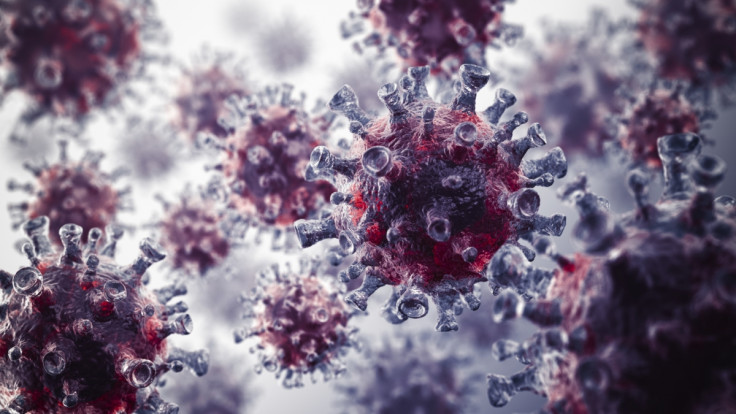Ireland has third highest cancer death rate across EU

Ireland has the third highest cancer death rate in the European Union, according to a Eurostat report. Around 30% of all deaths in the country are caused by cancer as against 26% across EU, the report reveals.
Commenting on the high number of cancer deaths in the country, Donal Buggy, head of services at the Irish Cancer Society said, "The figures reinforce the importance of early detection."
"It means there are more treatment options available to the patient and it can save your life. Cancer can be treated once it is diagnosed early," he said.
Figures for cancer deaths in Ireland hover above the Europe average across age groups, the report reveals. Cancer accounts for 39% of deaths among people under 65 and 27% among people above 65 in Ireland, while it is 37% and 23% respectively in Europe, reports the Irish Independent.
Interestingly, death due to lung cancer – the most prevalent form of the disease in Europe – is lower in Ireland at 21% compared to some 26% in Hungary, followed by Belgium, Denmark, Greece and the Netherlands.
Death due to breast cancer at 17% is also lower in Ireland compared to the European average of 21%.
Slovenia (32%) and the Netherlands (31%) are the only two European countries that have higher cancer death rates than Ireland.
Meanwhile, a new study by the Ireland National Cancer Registry published in the Journal of Psycho-oncology in September 2015, has found head and neck cancer to be one of the most common forms of cancer worldwide. It is usually diagnosed in older people and those hailing from poorer backgrounds.
If not diagnosed at the right time, it can cause disfigurement directly or indirectly following medical intervention. Besides, it can interfere with swallowing and speaking. Since it is mostly diagnosed among the disadvantaged section, they have a hard time meeting treatment expenses, the study revealed.
"Inequalities exist at every step of the cancer journey and people from disadvantaged backgrounds have fewer GPs in their area, wait longer for vital tests for cancer and are less able to cope with the cost of cancer. This has caused a cancer gap between rich and poor," Donal Buggy warned.
© Copyright IBTimes 2024. All rights reserved.





